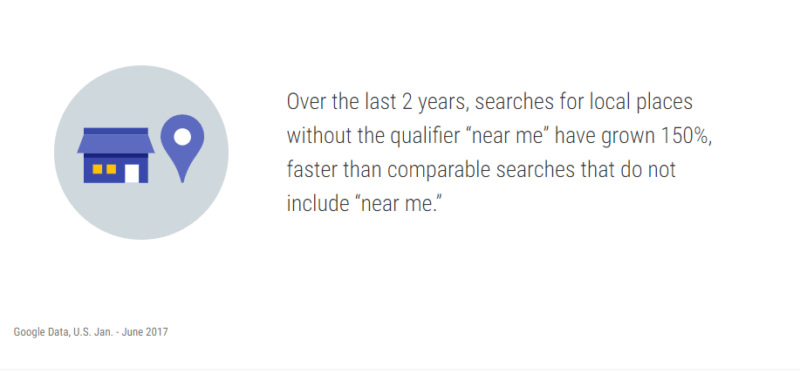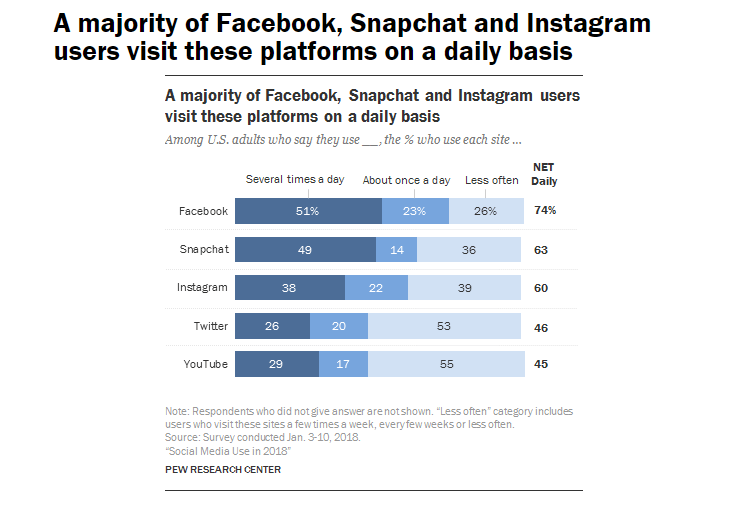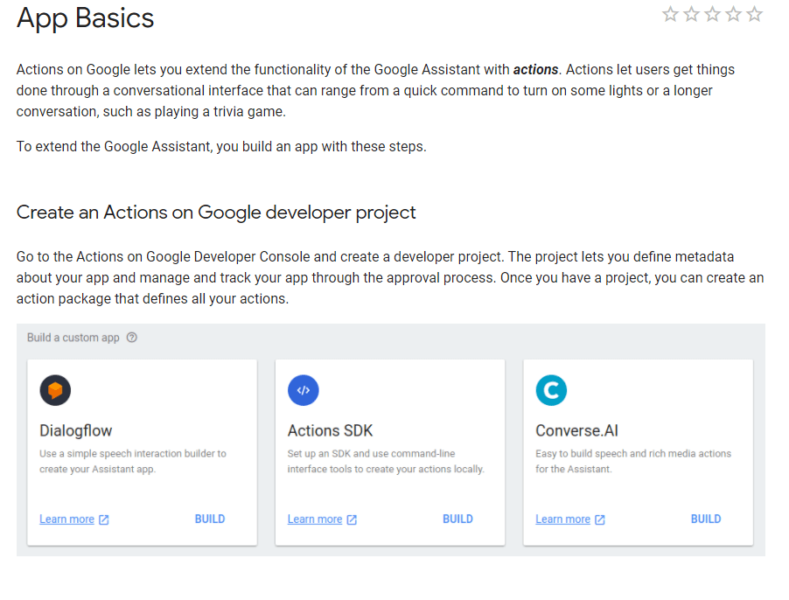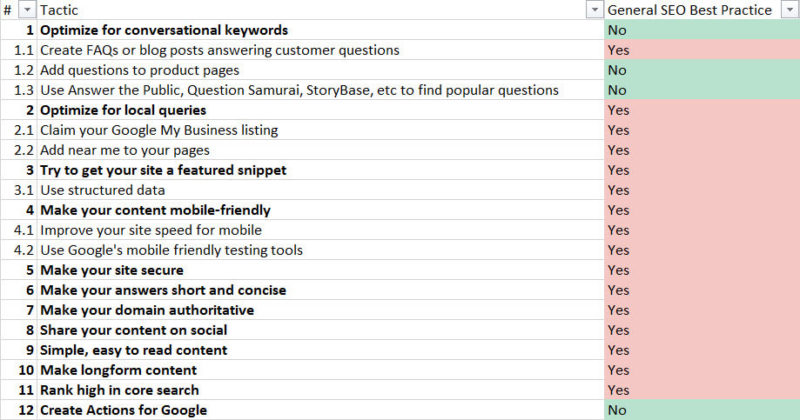
How do you optimize content for voice search in 2018?
That’s a popular search engine optimization (SEO) question these days as everyone looks to take advantage of the surge in spoken queries. Take a look at recent trends:

The answer to the popular question, “How do you optimize for voice search?” is this: Do what you would do for traditional search engine optimization and that should cover it.
Really?
Yep! Let’s move along now.

OK, so not exactly. I’m joking to prove a point.
There are a few things you can specifically do to optimize for voice search. For the most part, things you hear about optimizing for voice search are things that will help your site in general.
After doing some research on Google to find “how to” articles on voice search optimization and how SEO changes for voice search, I made a list of tactics to help get more organic traffic from spoken queries.
Many of the articles suggested the same tactics, so from the dozens of top-ranking articles I reviewed, here are the 12 best practices and corresponding tactics you can use to optimize for voice search:
1. Optimize for conversational keywords
- Create question-and-answer pages (FAQs) or write individual blog posts answering customer questions.
- Add questions to product pages.
- Use Answer the Public (free), Question Samurai (signup required) and StoryBase (paid) to find popular questions around your space.

Questions from Answer the People
2. Optimize for local queries
- Claim your Google My Business listing.
- Add “near me” phrasing to your pages.
- Write descriptions to show up in the local knowledge panel.

3. Try to get your site a featured snippet
4. Make your content mobile-friendly
- Improve your site speed for mobile.
- Use Google’s mobile-friendly testing tools.
5. Make your site secure
- In July 2018, Google will mark non-HTTPS sites as non-secure in Chrome browsers.

HTTPS warning in Chrome 68
6. Make your answers short and concise
7. Make your domain authoritative
8. Share your content on social media frequently

9. Create simple, easy-to-read content
10. Make long-form content
- Will make you look like an expert in your field!
- Increases engagement and sharing.
11. Rank high in core search
12. Create Actions for Google

Most of the articles really just focused on these four:
- Optimize for conversational keywords.
- Optimize for local search.
- Optimize for mobile.
- Use structured data.
The other best practices were mentioned infrequently, if at all.
But when you look at these 12 optimization tips in terms of whether they help SEO in general or help specifically with voice search, they’re really more general best practices than voice search SEO tips. They might be important for voice search, but if you do these things well, they’re going to help with typed queries on mobile and desktop, too.

So, if you’re doing SEO already, you only need to do these two things additionally to be optimized for voice search, per the articles out there:

If you were feeling overwhelmed about optimizing for voice search, your job just got a lot easier. Focus first on optimizing for conversational keywords and implement Actions for Google to get more traffic from voice search.
Contributing authors are invited to create content for Search Engine Land and are chosen for their expertise and contribution to the search community. Our contributors work under the oversight of the editorial staff and contributions are checked for quality and relevance to our readers. The opinions they express are their own.


